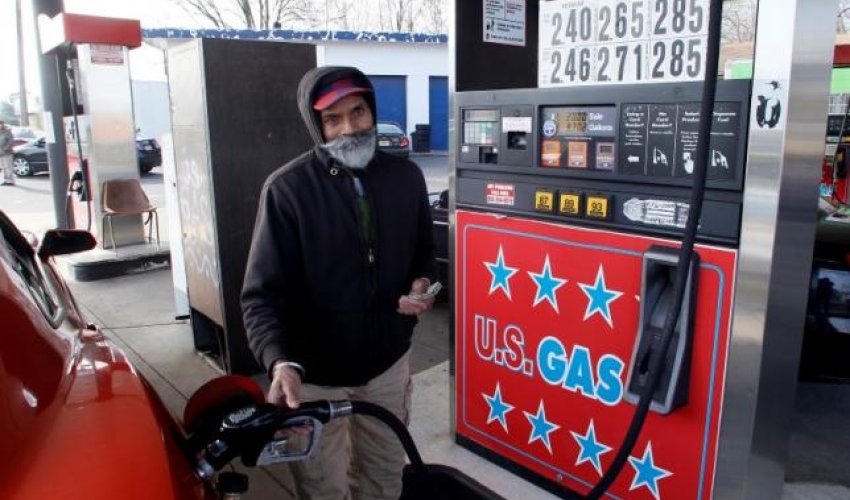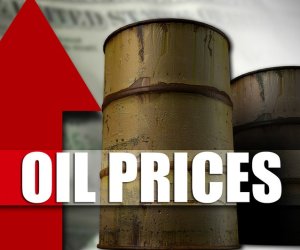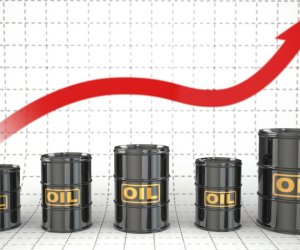Crude-oil prices rally as Iran supports production freeze

Crude oil prices climbed in early Asia trade Thursday as traders viewed Iran's support for an agreement that other oil producers freeze their production a positive first step in stabilizing prices, even though Iran itself refuses to comply.
The country's refusal to cap production beyond January levels, as agreed by four major oil producers earlier this week, raises the question of whether the agreed parties -- Russia, Saudi Arabia, Qatar, and Venezuela --will stay committed to the plan.
"The rally overnight shows the nervousness of this market, but the agreement does nothing to reduce the flow of oil," said Stuart Ive, client manager at OM Financial.
Oil prices have been in the doldrums for nearly two years as supply growth persistently outpaced demand. Energy companies, particularly those with large upstream projects, are coping with losses by reducing investments and laying off workers. Even a deep-pocketed country like Saudi Arabia that depends largely on oil revenue ran a record deficit of nearly $98 billion last year, about 15% of gross domestic product.
A collective a production cut or freeze by members of the Organization of the Petroleum Exporting Countries and Russia could help rebalance the prolonged mismatch in supply and demand and lift overall prices. But many market watchers say Iran's unwillingness to curtail production isn't surprising.
"Iran has just started boosting production after sanctions were lifted and is unlikely to commit to maintaining output at current low levels," said ANZ Research.
The mounting political tension between Iran and Saudi Arabia is also making it less likely for the two most influential OPEC members to cooperate, analysts say.
"However, the fact these big oil producers are willing to talk is a good sign and the first step to help prices recover," said Gao Jian, energy analyst at SCI International. He noted that the price recovery has been mostly driven by psychological factors, as market fundamentals are unchanged.
Mr. Gao, who takes a more bearish view, said even though the current price level of $25 to $35 appears to be a trigger point for rival producers to talk, prices could fall farther.
"Keep in mind that for the big oil producers, their production cost is low so they can sustain the pressure of the low prices for longer," he added.
Goldman Sachs said an agreement could create the perception that more could be achieved, such as production cuts, but this wouldn't likely be enough to set a floor on prices.
"More broadly, we remain of the view that a broader production cut would be self-defeating," Goldman's analysts wrote in a note.
Traders will be watching the weekly U.S. crude inventories data released later Thursday. Industry group American Petroleum Institute tips a decrease of 3.3 million barrels in the week ended Feb. 12. A Wall Street Journal survey of 10 analysts indicates an increase of 3.1 million barrels in the same week.
Nymex reformulated gasoline blendstock for March, the benchmark gasoline contract, rose 116 points to $1.0150 a gallon, while March diesel traded at $1.0945, 66 points higher.
ICE gasoil for March changed hands at $324.50 a metric ton, up $3.75 from Wednesday's settlement.
www.ann.az
Similar news
Similar news




































 Photo
Photo 



 Video
Video 

